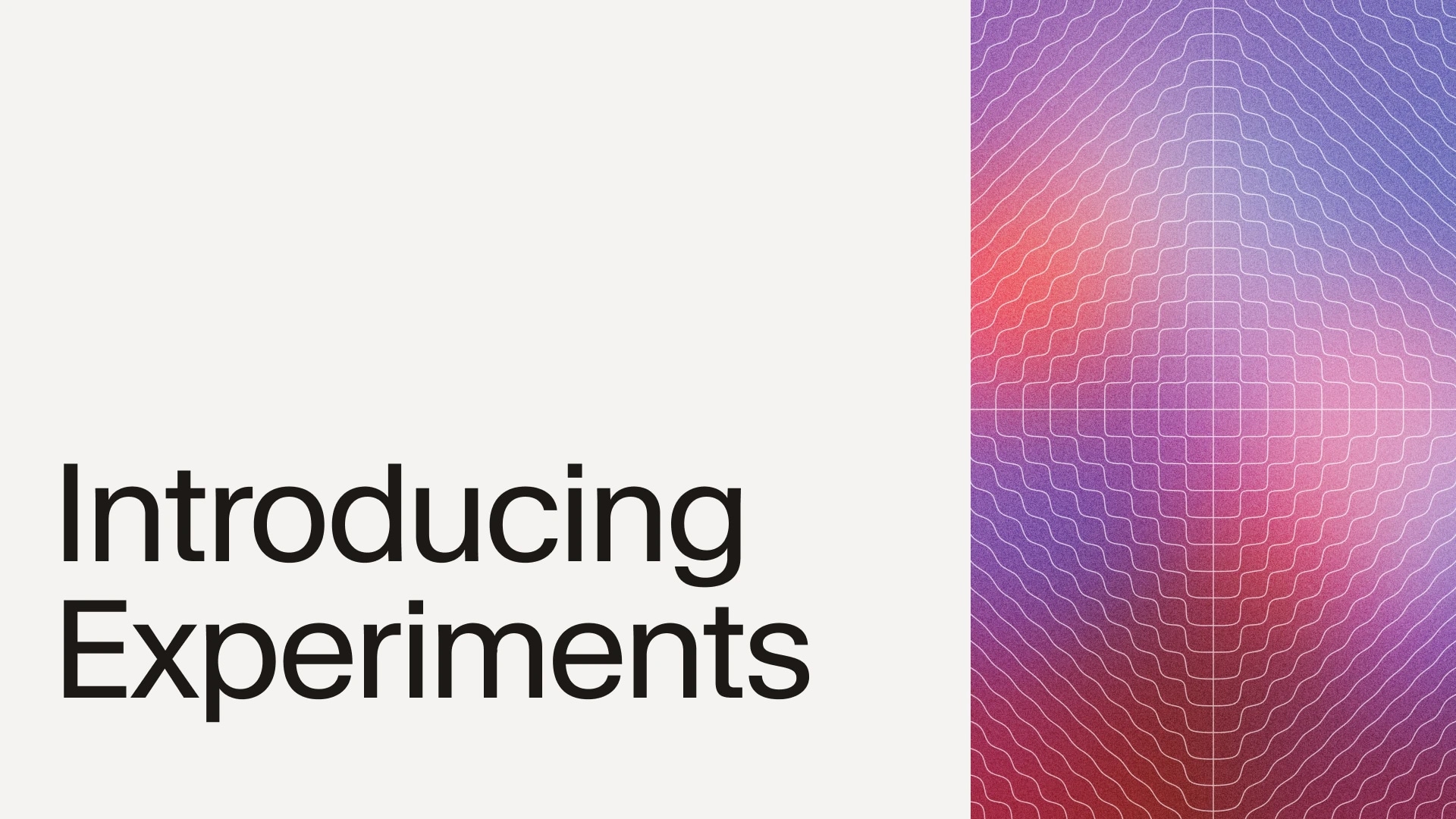
Introducing Experiments in ElevenAgents
The most data-driven way to improve real-world agent performance.
Expanding access and productivity with voice-first AI
Dust, the operating system for AI-native enterprises, now includes multilingual voice input and output - powered by ElevenLabs. Designed to integrate models into everyday work, Dust needed voice capabilities that could operate across languages, devices, and contexts with low latency and high realism.
This wasn’t exploratory. Voice became a product priority after repeated customer requests. The result: a system that supports hands-free agent interaction during commutes, multilingual collaboration across global teams, and professional audio outputs for asynchronous workflows.
Dust identified four critical requirements for voice in a work context:
After evaluating providers including OpenAI, Google, Deepgram, and AssemblyAI, Dust selected ElevenLabs for its superior quality and deployment readiness:
Dust built voice support across two core workflows:
Using ElevenLabs' scribe_v1 model, users can now talk to agents via microphone. The system automatically detects the spoken language, transcribes it, and routes the request accordingly, even inferring agent names from natural speech.
Voice input is available on mobile, aligning with moments when typing is least convenient.
Through Speech Generator, Dust agents can create audio content using ElevenLabs’ eleven_multilingual_v2 and eleven_v3 models. Output includes podcasts, briefings, and narrative audio artifacts—used for both internal consumption and external sharing.
Sound Studio, powered by Text to Sound Effects, adds non-verbal audio layers for training and content use cases.
Dust is exploring real-time conversational voice agents, deeper audio understanding beyond transcription, and support for long-form inputs like meetings and presentations. By integrating ElevenLabs, Dust makes voice a seamless part of enterprise AI.

The most data-driven way to improve real-world agent performance.
.webp&w=3840&q=95)
UK AI Security Institute researchers will explore the implications of AI voice technology